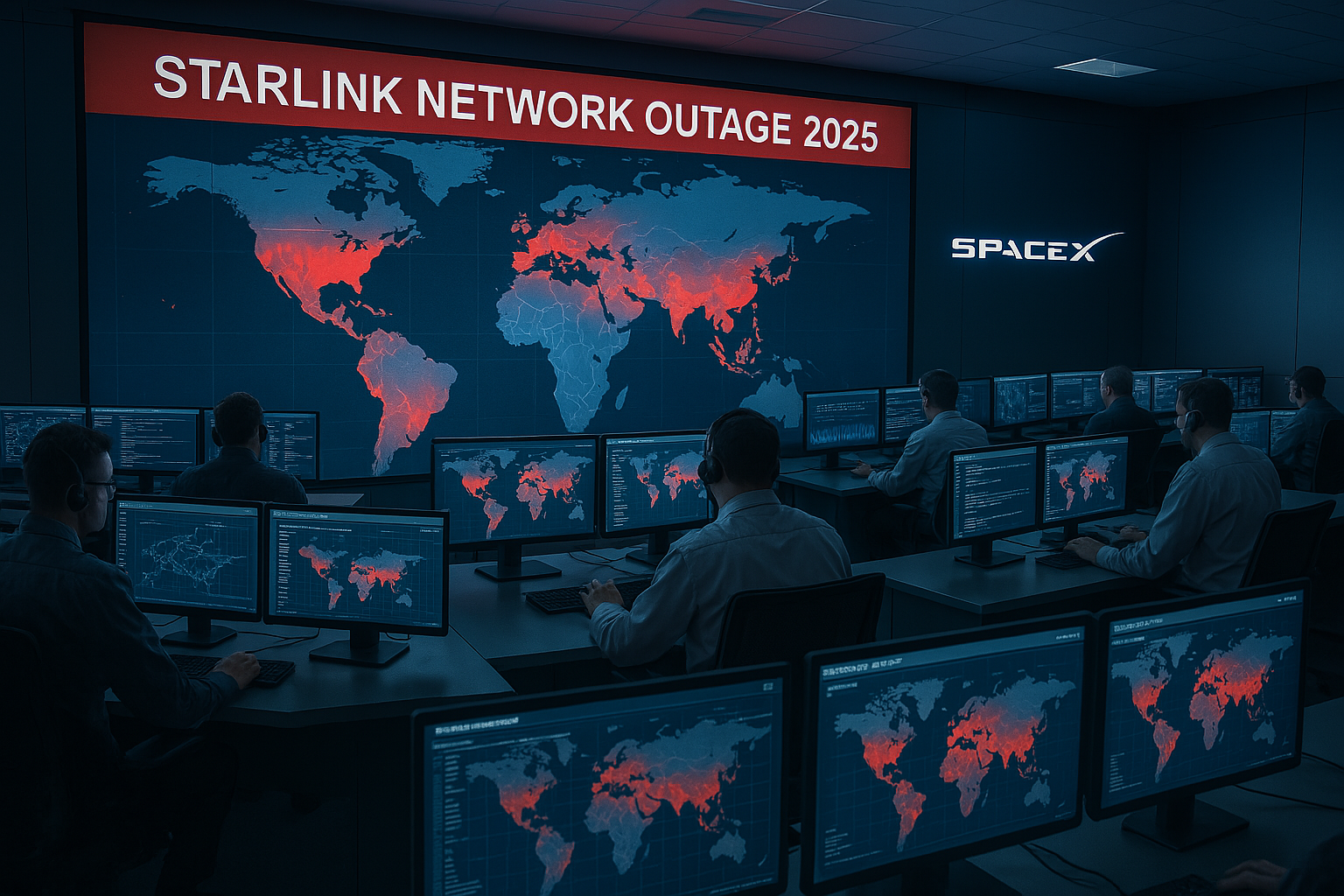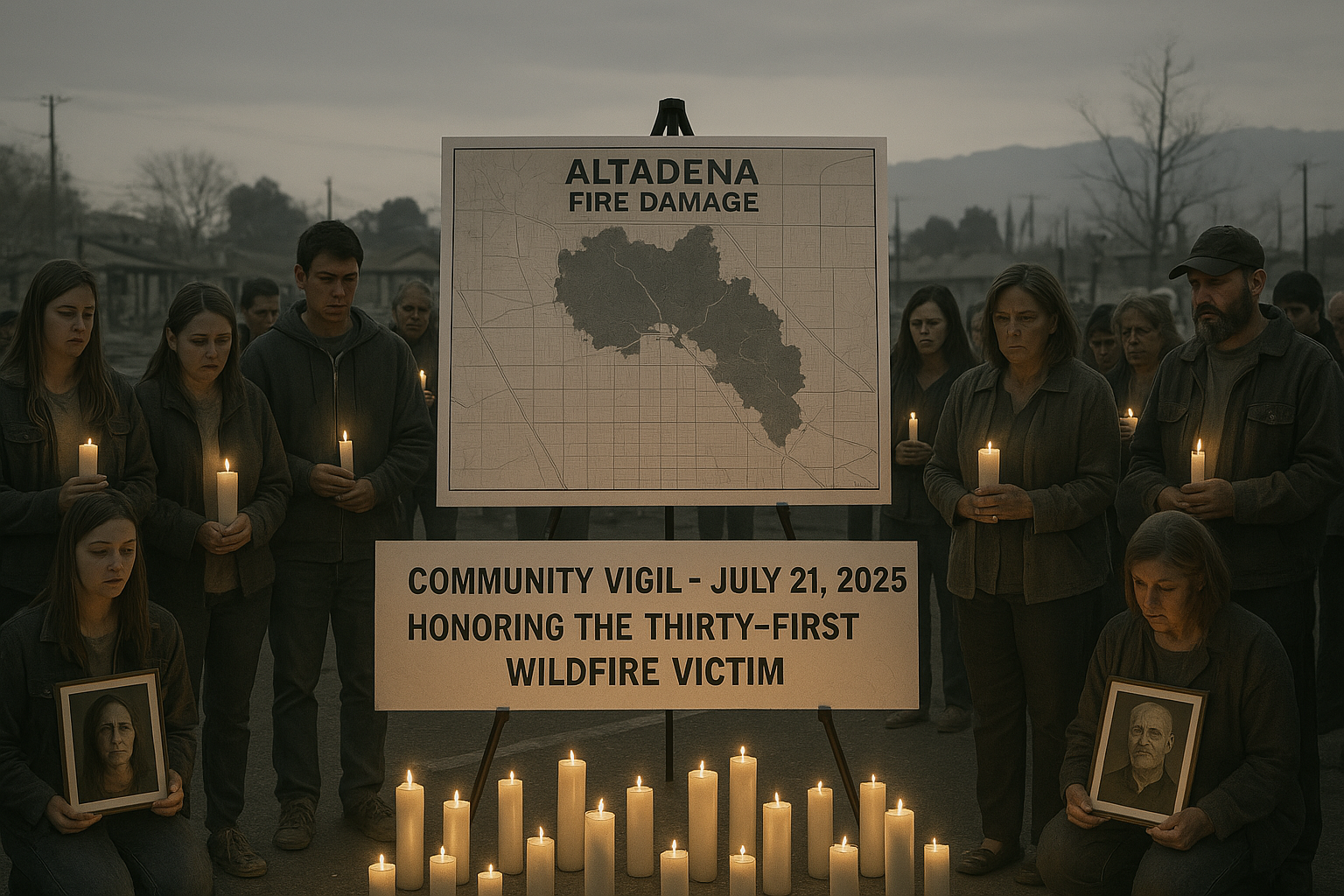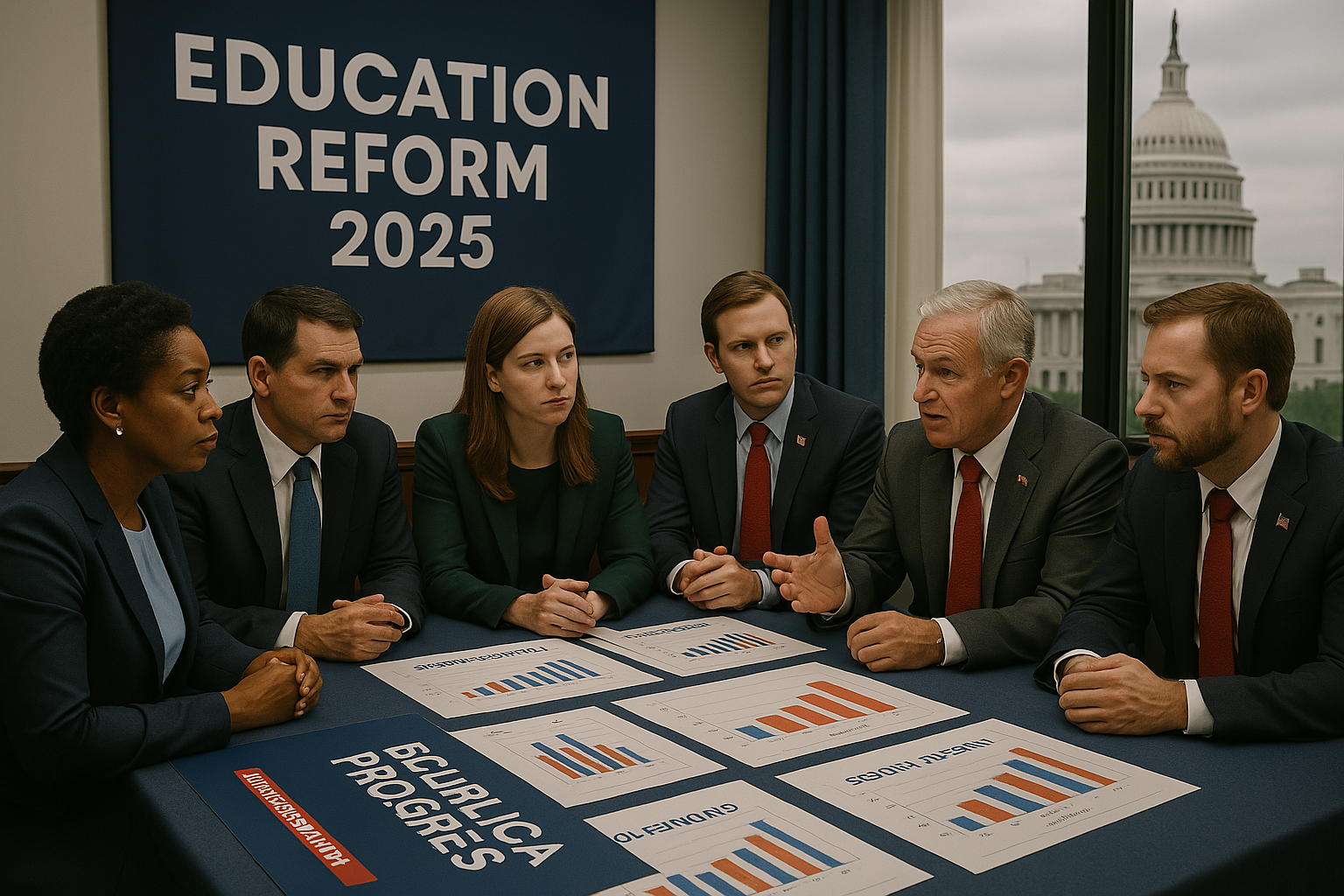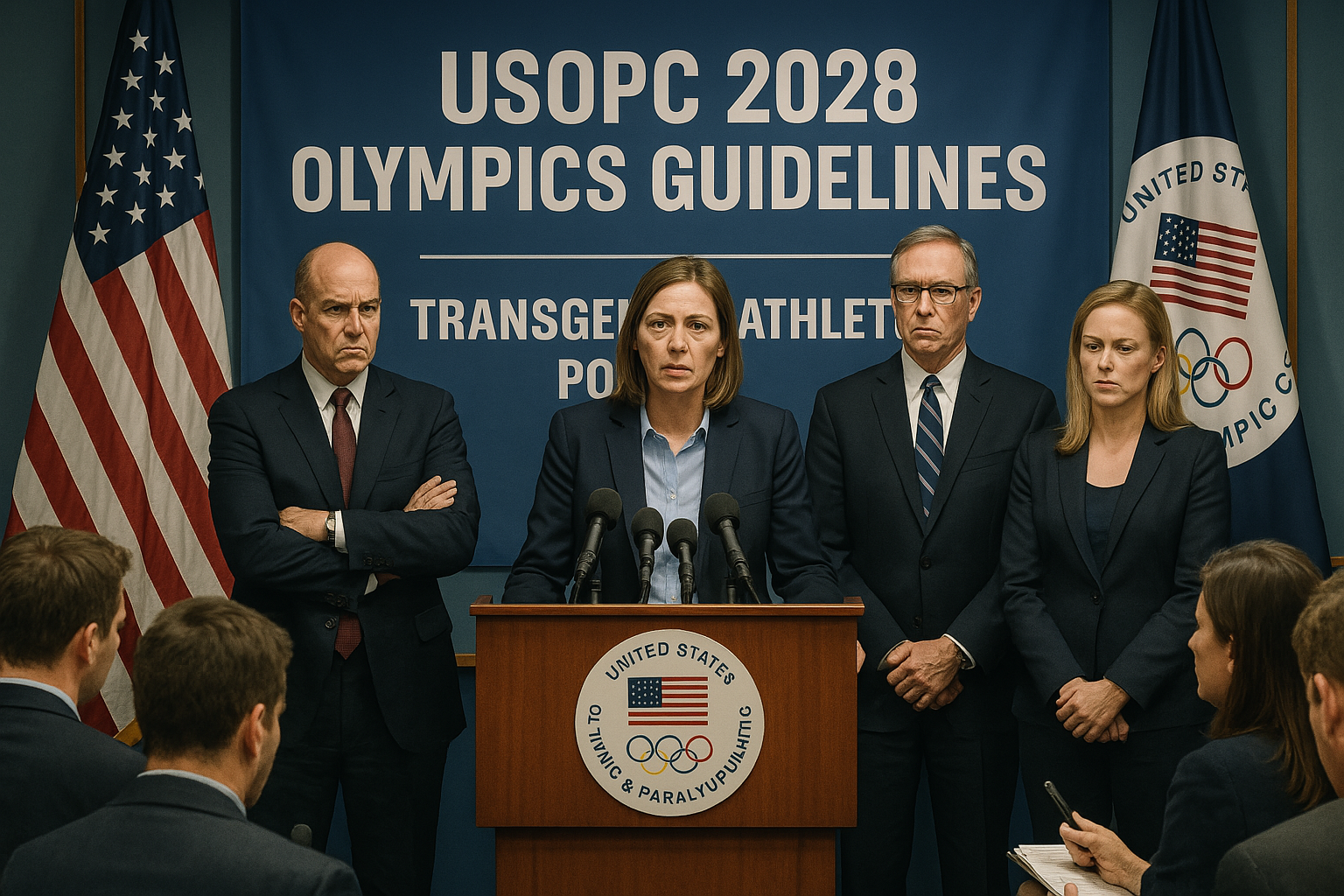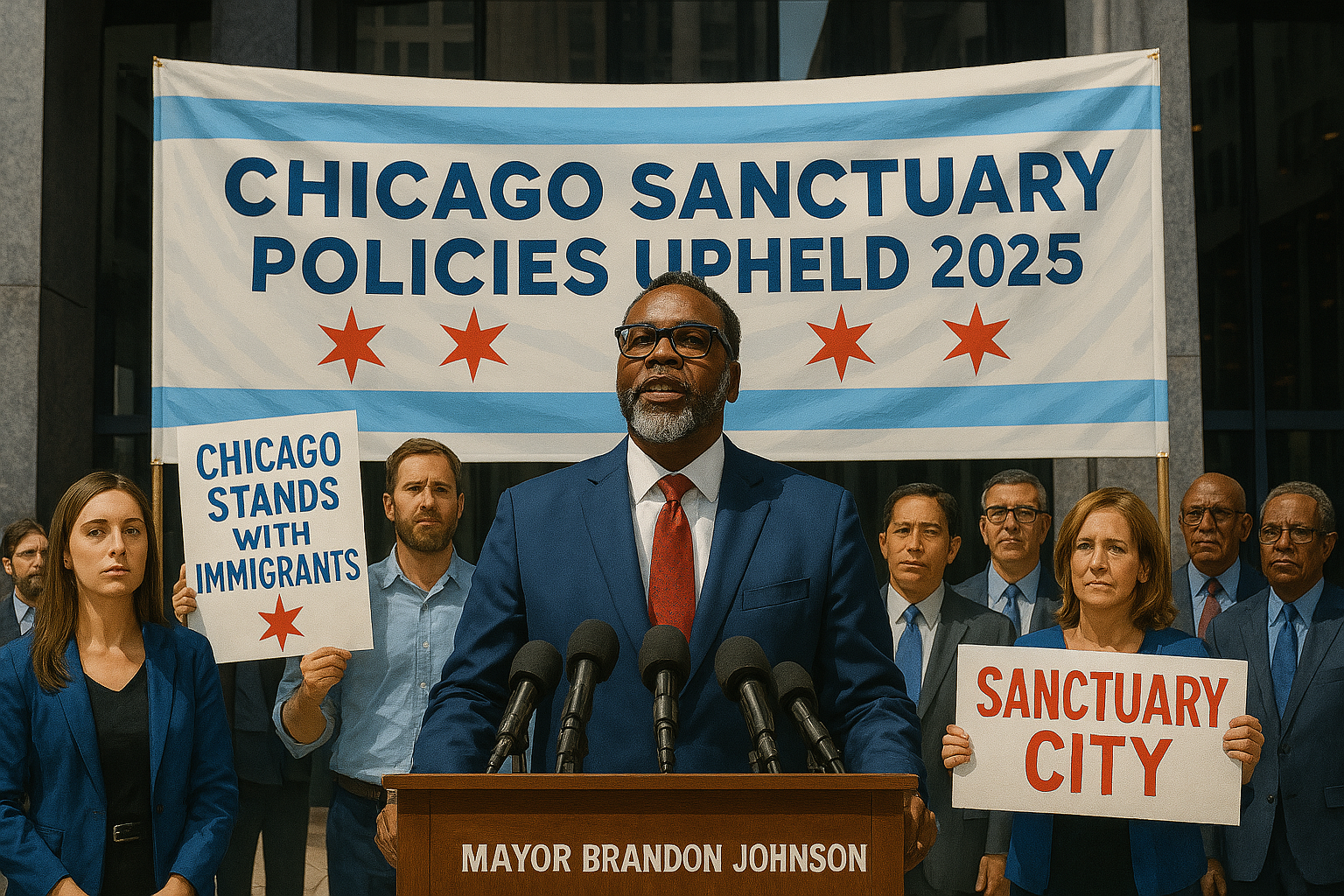The Protracted Conflict: A Deep Dive into the Political Calculations Shaping the Gaza War

JERUSALEM – The ongoing conflict in Gaza, a region perpetually at the nexus of geopolitical tensions, continues to defy easy resolution. Its protracted nature compels a deeper examination of the intricate political calculations that influence its duration, scope, and intensity. Beyond the immediate military objectives and humanitarian concerns, a complex web of domestic imperatives, international pressures, and strategic considerations shapes the decisions of key actors. This analysis, informed by publicly available information and AI insights, seeks to illuminate the multifaceted political dynamics at play.
The Labyrinth of Domestic Politics: Navigating Coalition Imperatives and Public Sentiment
In Israel, the political landscape is characterized by a vibrant, often fractious, multi-party system where coalition governments are the norm. For any prime minister, particularly during times of conflict, maintaining governmental stability is paramount. Decisions concerning military operations, ceasefire negotiations, and long-term strategic goals are not made in a vacuum; they are intrinsically linked to the need to satisfy diverse political factions within the ruling coalition and to maintain public support [1].
AI Insight: From an analytical perspective, the duration of a conflict can be influenced by a leader’s perceived need to consolidate power or to avoid a political reckoning. In a coalition government, a prolonged conflict might serve to unite disparate factions against a common external threat, thereby temporarily deferring internal disagreements. Conversely, a swift resolution, or one perceived as a compromise, could expose a leader to criticism from hardline elements within their own coalition or from the opposition, potentially leading to a no-confidence vote or early elections. The political survival of a leader can, therefore, become intertwined with the perceived success or failure of military campaigns.
Historically, periods of national crisis often trigger a
rally-around-the-flag effect, where public support for the government and military surges. This phenomenon can provide a leader with a mandate to pursue military objectives with less immediate domestic opposition. However, this effect is often finite. Prolonged engagements, especially those with significant casualties or perceived lack of clear objectives, can lead to public fatigue, disillusionment, and increased scrutiny. This shift in public sentiment can then exert pressure on political leaders to alter their strategies or seek a resolution. The current conflict is no exception, with intense debate within Israel about the war’s objectives, its conduct, and its ultimate resolution. These internal dynamics, including the delicate balance of public opinion and the demands of coalition partners, can significantly impact the decision-making process, potentially affecting the duration and intensity of military operations [2].
The Global Chessboard: International Pressures and Diplomatic Maneuvers
The Gaza conflict is not an isolated event; it is deeply embedded within a complex web of international relations and geopolitical interests. Global powers and regional actors exert considerable influence, and their diplomatic efforts, or lack thereof, can play a crucial role in shaping the conflict’s length and outcome. Calls for ceasefires, humanitarian pauses, and long-term peace solutions emanate from various international bodies, such as the United Nations, and individual nations, creating a constant external pressure on the warring parties [3].
AI Insight: The timing and intensity of international diplomatic interventions are often a function of several variables: the scale of humanitarian crisis, the strategic interests of major powers, and the domestic political considerations of mediating nations. For instance, a nation might increase its diplomatic pressure if the conflict threatens regional stability, impacts global energy markets, or generates significant domestic public outcry. Conversely, if a major power perceives its strategic interests to align with a prolonged conflict, its diplomatic efforts might be less robust or even subtly supportive of continued hostilities. The effectiveness of diplomatic interventions is also contingent on the willingness of all parties to negotiate, the perceived leverage of mediating nations, and the broader strategic objectives of key international players. The United States, for example, has been actively engaged in brokering ceasefire deals, but the success of these efforts hinges on intricate negotiations and the alignment of diverse, often conflicting, interests [4].
Furthermore, the conflict serves as a proxy battleground for regional rivalries, with various states supporting different factions, either overtly or covertly. This external support can prolong the conflict by providing resources, intelligence, or political legitimacy to combatants, thereby reducing their incentive to negotiate a swift end to hostilities. The interplay of these regional dynamics adds another layer of complexity to the international efforts to de-escalate the situation.
The Information Battlefield: Public Opinion, Media Narratives, and Perceptions of Legitimacy
Public opinion, both domestically and internationally, plays a significant role in the political calculations surrounding the Gaza conflict. In Israel, public sentiment is heavily influenced by security concerns and the desire for long-term stability. Perceptions of threat, the effectiveness of military responses, and the safety of citizens are paramount considerations that can shape political decisions regarding the continuation or cessation of hostilities. Leaders must balance these deeply held public anxieties with strategic military objectives, often in the face of intense media scrutiny and the rapid dissemination of information through social media [5].
AI Insight: In the age of instant information and pervasive social media, the narrative surrounding a conflict can be as impactful as the events on the ground. Governments and non-state actors actively engage in information warfare, seeking to shape public perception, garner international sympathy, and delegitimize their opponents. A leader might prolong a conflict if they believe it allows them to control the narrative, portray their actions as defensive, or achieve a decisive victory that can be leveraged for political gain. Conversely, overwhelming negative international media coverage or a significant shift in global public opinion can force a leader to reconsider their strategy or seek a quicker resolution to avoid further reputational damage or sanctions. The constant interplay between events, their portrayal, and public reaction creates a dynamic feedback loop that influences political decision-making.
Conversely, international public opinion, often shaped by media coverage and humanitarian concerns, can generate significant pressure on governments to de-escalate conflicts and protect civilian lives. This global scrutiny can influence diplomatic strategies and the willingness of nations to engage in prolonged military actions. The interplay between domestic security imperatives and international humanitarian concerns creates a delicate balance that political leaders must constantly navigate, often leading to a tension between perceived national interest and global moral obligations.
The Economic Calculus: Costs, Reconstruction, and Future Viability
Beyond the immediate human and political costs, the economic implications of the Gaza conflict are substantial. Prolonged warfare incurs immense financial burdens, including military expenditures, damage to infrastructure, and disruptions to trade and commerce. The prospect of post-conflict reconstruction and the economic recovery of affected areas also factor into political calculations. International aid and investment are often contingent on stability and the establishment of sustainable peace, creating an economic incentive for resolution [6].
AI Insight: Economic considerations can be a powerful, albeit often understated, factor in the duration of a conflict. A government might be willing to bear significant economic costs in the short term if it believes a prolonged conflict will lead to a more favorable long-term strategic outcome, such as enhanced security or the elimination of a perceived threat. However, sustained economic strain can eventually erode public support and create internal pressures for de-escalation. Furthermore, the economic viability of the region post-conflict is a critical consideration. Any long-term solution must address the underlying economic grievances and provide a pathway to sustainable development, otherwise, the seeds of future conflict may be sown. The control of resources, access to markets, and the long-term economic viability of the region can all be part of the broader political calculus that influences the duration and nature of the conflict, often leading to complex negotiations over aid, trade, and reconstruction efforts.
Conclusion: A Complex Web of Interconnected Influences
The duration of the Gaza conflict is a multifaceted issue, influenced by a complex web of interconnected political calculations. Domestic pressures, coalition dynamics, international relations, diplomatic efforts, public opinion, media narratives, security perceptions, and economic considerations all contribute to the ongoing narrative. Understanding these interwoven factors is crucial for comprehending the challenges inherent in achieving a lasting peace in the region. As the conflict continues, the world watches to see how these political forces will ultimately shape its future, and whether the pursuit of political objectives will ultimately yield a sustainable resolution for the people of Gaza and the wider region.
